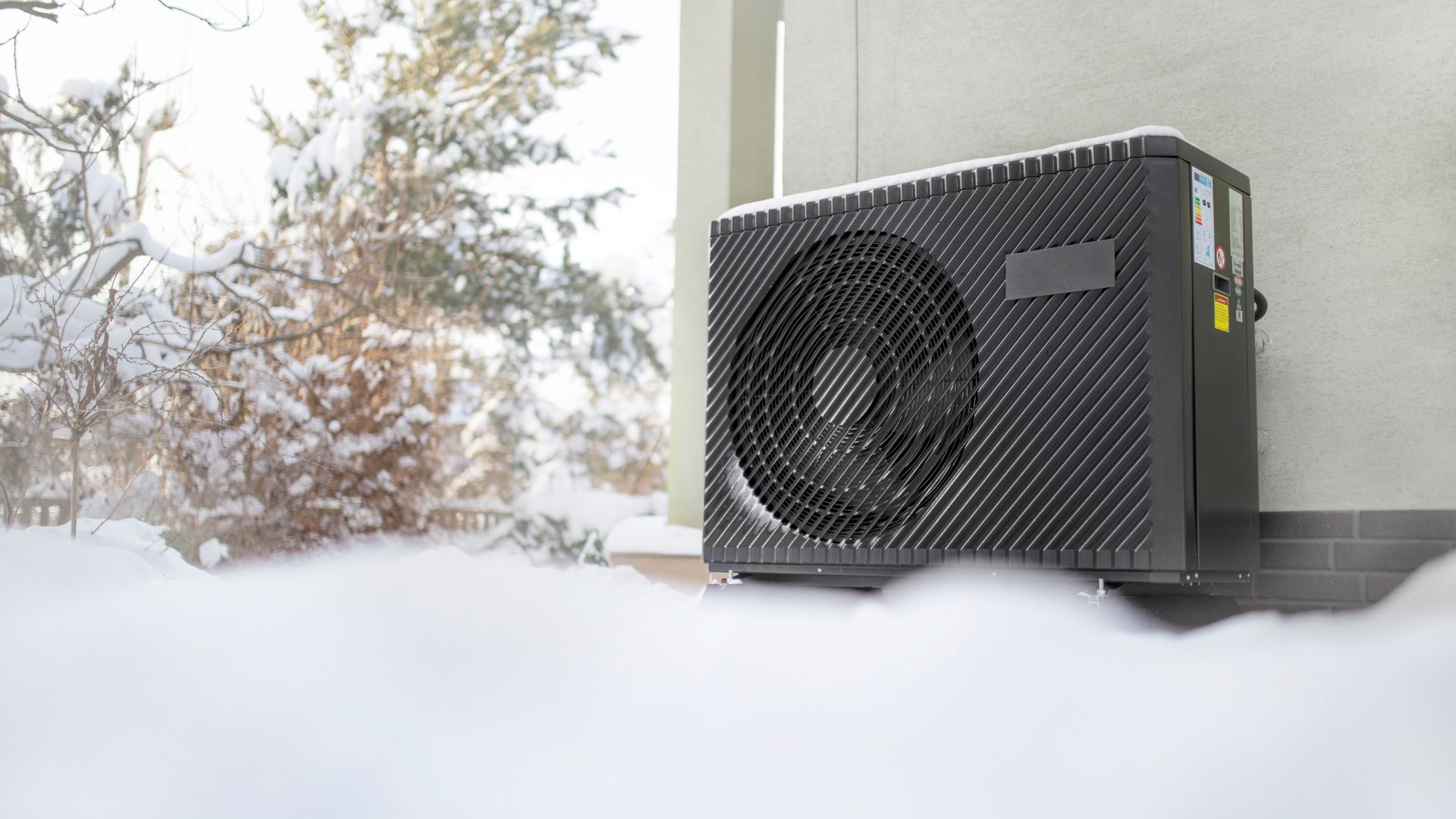Air source heat pumps (ASHPs) are becoming an increasingly popular alternative to traditional heating and cooling systems. They are energy-efficient, environmentally friendly, and can provide both heating and cooling. However, when it comes to choosing an air source heat pump, the needs of residential and commercial buildings can differ significantly. In this article, we will explore the differences between air source heat pumps for residential vs commercial use.
Residential Air Source Heat Pumps
Air source heat pumps are a great option for homeowners who want to reduce their energy bills and their carbon footprint. They can provide both heating and cooling, and they are highly efficient, meaning that they can save homeowners money on their energy bills. Additionally, air source heat pumps are easy to install and require minimal maintenance.
One of the key advantages of air source heat pumps for residential use is their affordability. They are generally less expensive than other heating and cooling systems, such as geothermal heat pumps. They also require less space for installation, which is an important consideration for many homeowners.
Another advantage of air source heat pumps for residential use is their flexibility. They can be used to heat and cool individual rooms or entire homes, depending on the homeowner’s needs. They can also be integrated with other systems, such as solar panels, to further reduce energy consumption.
Commercial Air Source Heat Pumps
While air source heat pumps are a great option for residential use, they may not be the best choice for commercial buildings. Commercial buildings often have more complex heating and cooling needs, and air source heat pumps may not be able to meet these needs.
One of the key challenges of using air source heat pumps for commercial use is their capacity. Commercial buildings typically require larger heating and cooling systems than residential buildings, and air source heat pumps may not be able to provide the necessary capacity.
Another challenge of using air source heat pumps for commercial use is their cost. While air source heat pumps are generally less expensive than other heating and cooling systems, the cost of installing a system in a large commercial building can be significant. Additionally, the ongoing maintenance costs for a commercial system can be higher than for a residential system.
Finally, air source heat pumps may not be the best choice for commercial buildings in areas with extreme weather conditions. In areas with very cold temperatures, air source heat pumps may struggle to provide sufficient heating capacity.
Conclusion
Air source heat pumps are a great option for homeowners who want an affordable, energy-efficient heating and cooling system. However, they may not be the best choice for commercial buildings with more complex heating and cooling needs. When considering an air source heat pump, it is important to consider the size of the building, the climate of the area, and the overall heating and cooling needs. By doing so, you can ensure that you choose the right system for your needs, whether you are a homeowner or a commercial building owner.



